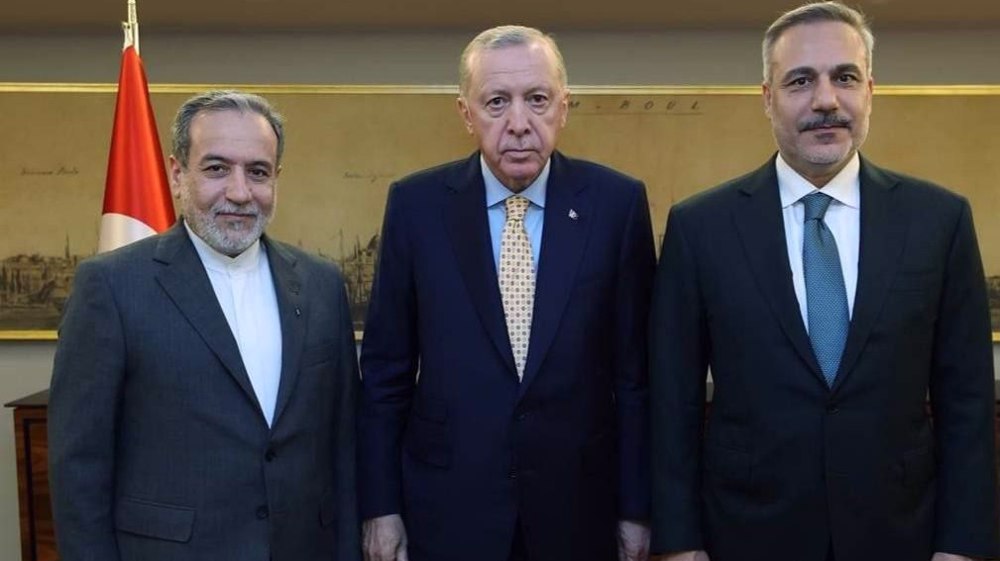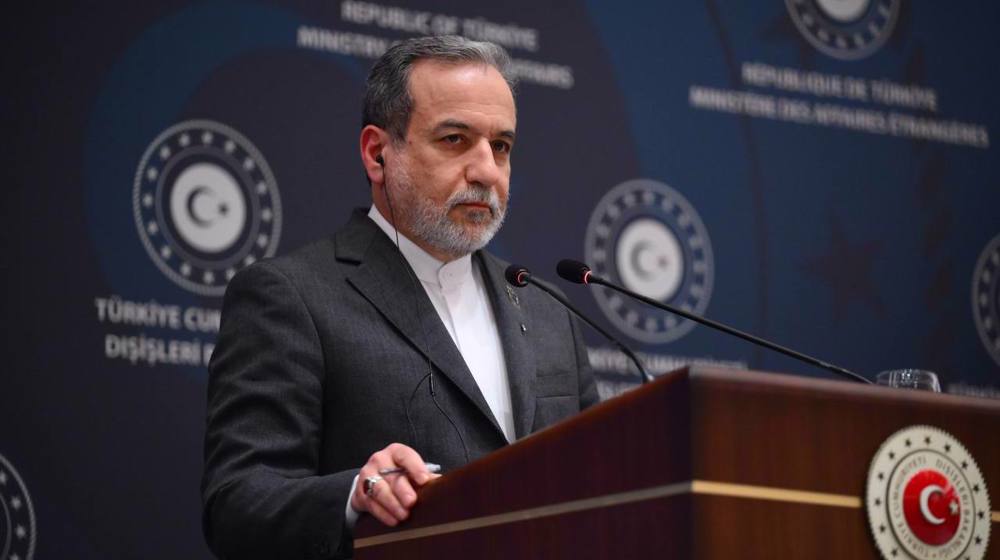US threatens Turkey with sanctions over purchase of Russian S-400 systems
The United States has once again threatened that Turkey could face sanctions if it proceeds with the installation of the S-400 missile systems that it has purchased from Russia, repeating the call for Ankara to cancel the deal with Moscow, which has been a major bone of contention between the two NATO allies.
In an emailed statement to Reuters on Monday, US State Department spokeswoman Morgan Ortagus said that Washington continued to object “strenuously” to Turkey’s purchase of the Russian-made S-400 missile systems.
She voiced “deep concerns” about reports that Ankara was going ahead with the process of installing the systems it has already taken delivery of, adding that this could lead to sanctions against Turkey under the so-called Countering America’s Adversaries Through Sanctions Act (CAATSA).
“We continue to stress at the highest levels that the S-400 transaction is the subject of ongoing CAATSA sanctions deliberations and it remains a major obstacle in the bilateral relationship and at NATO. We are confident that President Erdogan and his senior officials understand our position,” Ortagus said in the statement.
Meanwhile, Reuters quoted an unnamed Turkish official as saying that Ankara has postponed a decision to activate the S-400 systems in April amid the fight against a new coronavirus outbreak.
He stressed, however, that Turkey has no plan to cancel the decision.
“There is no going back on the decision to activate the S-400s (but) due to COVID-19 ... the plan for them to be ready in April will be delayed,” the senior official said, speaking on condition of anonymity.
The comments came after earlier speculation that Ankara-Washington tensions over the purchase of Russian S-400s could reach a showdown in April, when the anti-aircraft systems were planned to be switched on.
In September 2017, Ankara signed a $2.5 billion deal with Moscow to procure the S-400, a Russian-made mobile surface-to-air defense system, which is designed to destroy aircraft, cruise and ballistic missiles, and can also be used against ground installations.
The United States has objected to Turkey’s intentions, claiming that the war crafts were incompatible with NATO equipment and has pressured Turkey to procure the US-made Patriot air defense system instead.
US officials have repeatedly threatened sanctions against Ankara over the deal with Moscow.
The United States announced last April that it would suspend all “deliveries and activities” related to Turkey’s procurement of F-35 stealth fighter jets over Ankara’s plans to purchase the S-400s.
In response, Turkey said it would remain firm in its intentions. He further suggested the establishment of a technical working group with the inclusion and leadership of NATO to resolve the conflict.
Indian author pulls out of Berlinale over jury’s ‘unconscionable’ refusal to comment on Gaza
Bangladesh Nationalist Party secures victory in general election
VIDEO | British High Court rules against ban on Palestine Action Group
Tehran urges ‘serious’ revision in EU ‘unconstructive’ approaches
Hamas slams Israeli settlers’ ‘criminal aggression’ in West Bank
VIDEO | Press TV's news headlines
VIDEO | Iran launches 'Holy Qur'an Does Not Burn' campaign to restore mosques damaged in unrest
VIDEO | Ramadan amid the rubble: Gaza’s historic Al-Zawiya market defies odds















 This makes it easy to access the Press TV website
This makes it easy to access the Press TV website